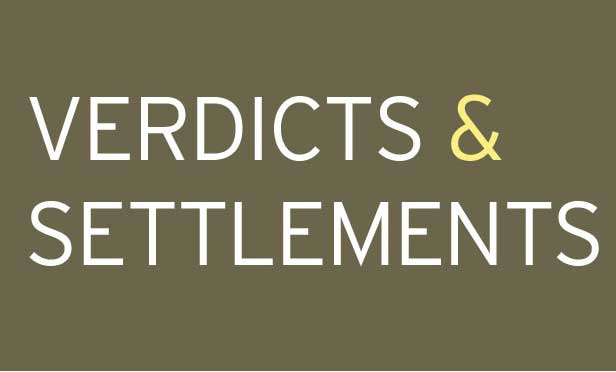 Rudolph J. DiMassa Jr., left, and Drew McGerhrin, right, of Duane Morris.
Rudolph J. DiMassa Jr., left, and Drew McGerhrin, right, of Duane Morris.
The Bankruptcy Code confers upon debtors or trustees, as the case may be, the power to avoid certain preferential or fraudulent transfers made to creditors within prescribed guidelines and limitations. The U.S. Bankruptcy Court for the District of New Mexico recently addressed the contours of these powers through a recent decision in U.S. Glove v. Jacobs, Adv. No. 21-1009, (Bankr. D.N.M. June 11, 2021), holding that any attempt to avoid such transfers must be supported by evidence that the avoidance will benefit the debtor’s estate and the debtor’s creditors—not just the debtor itself. Debtors, the court reasoned, should not be permitted to manipulate the Bankruptcy Code’s avoidance powers merely to create a windfall for themselves.






